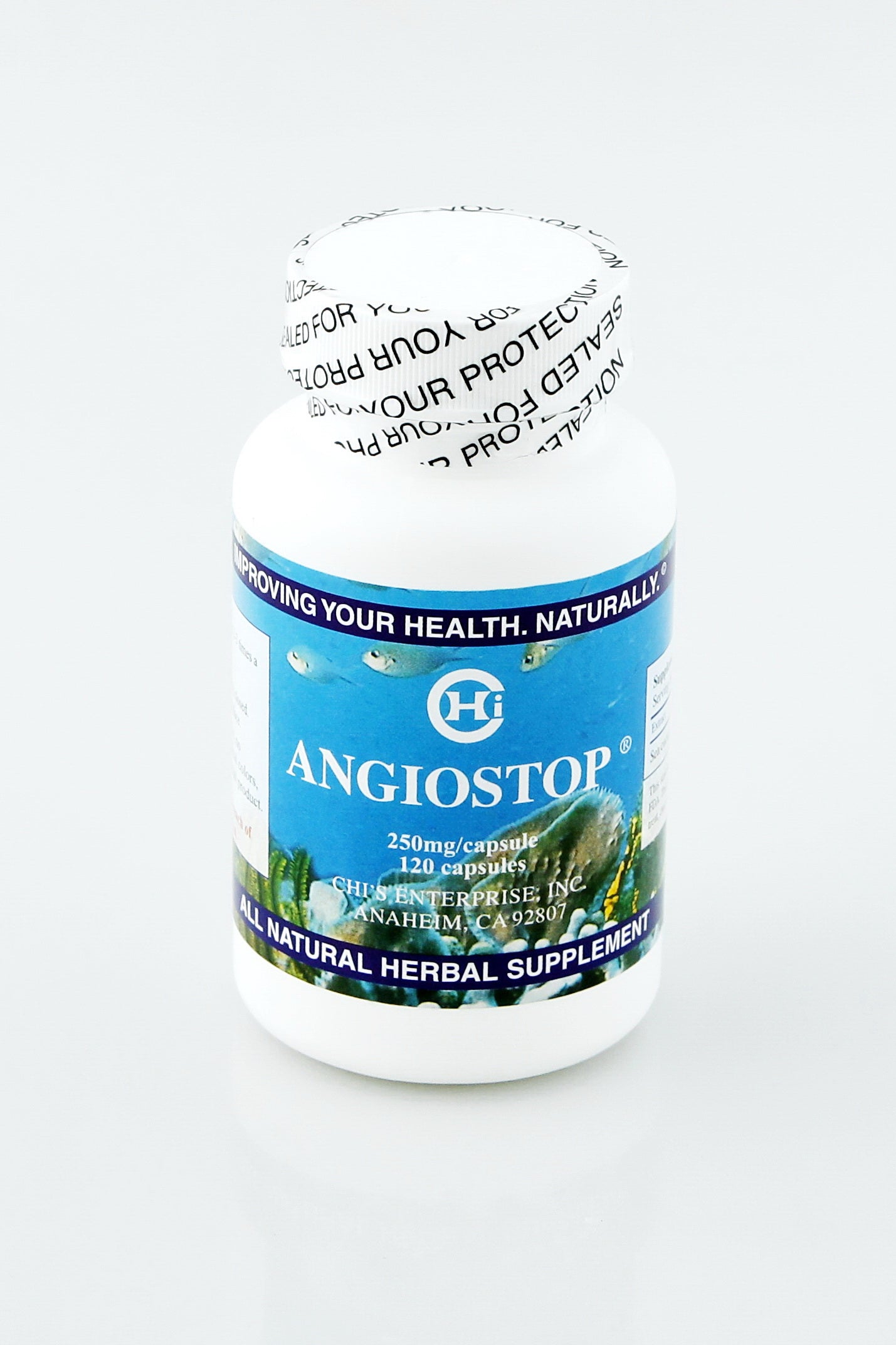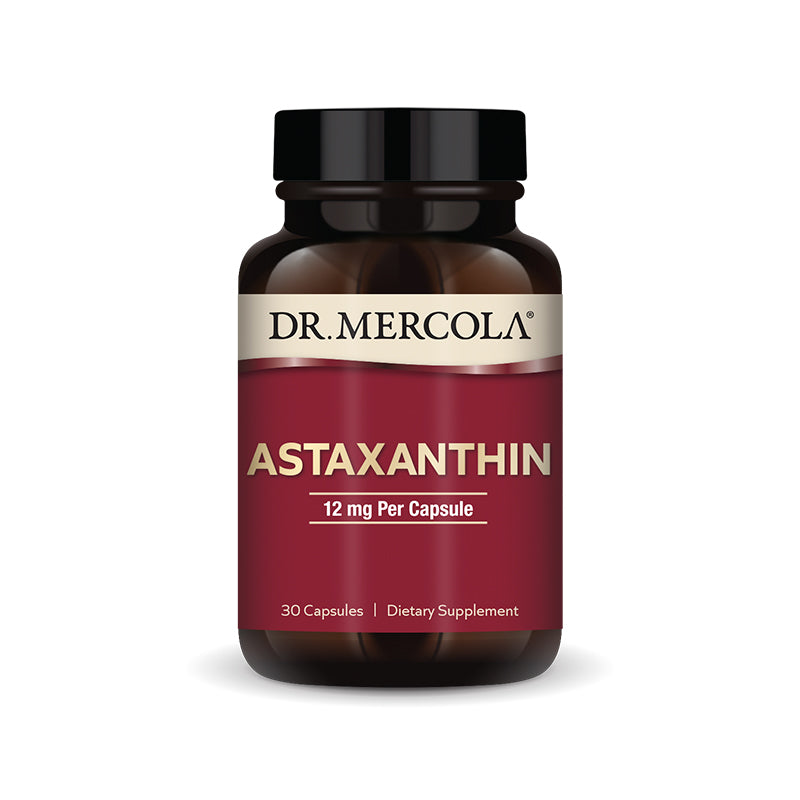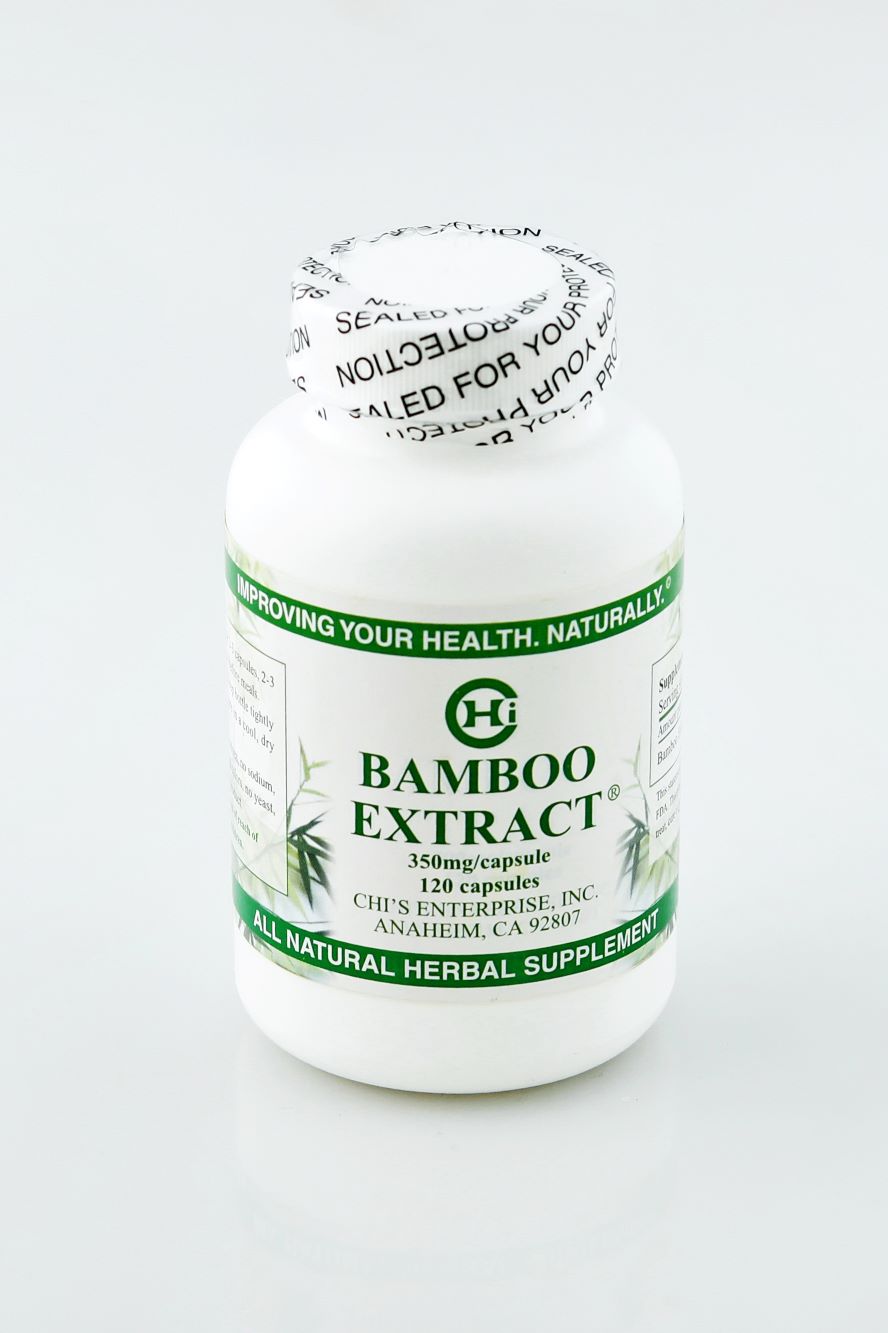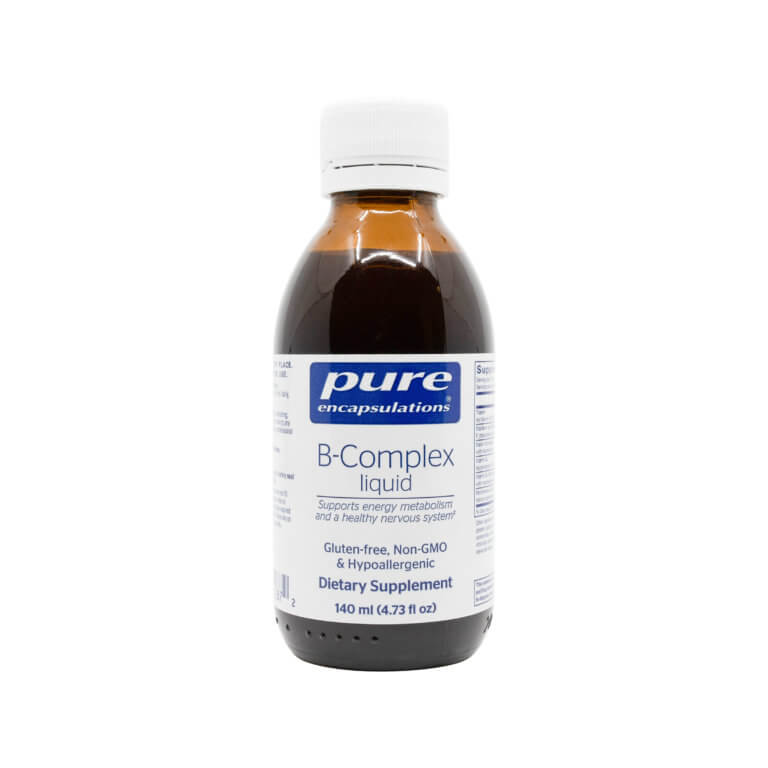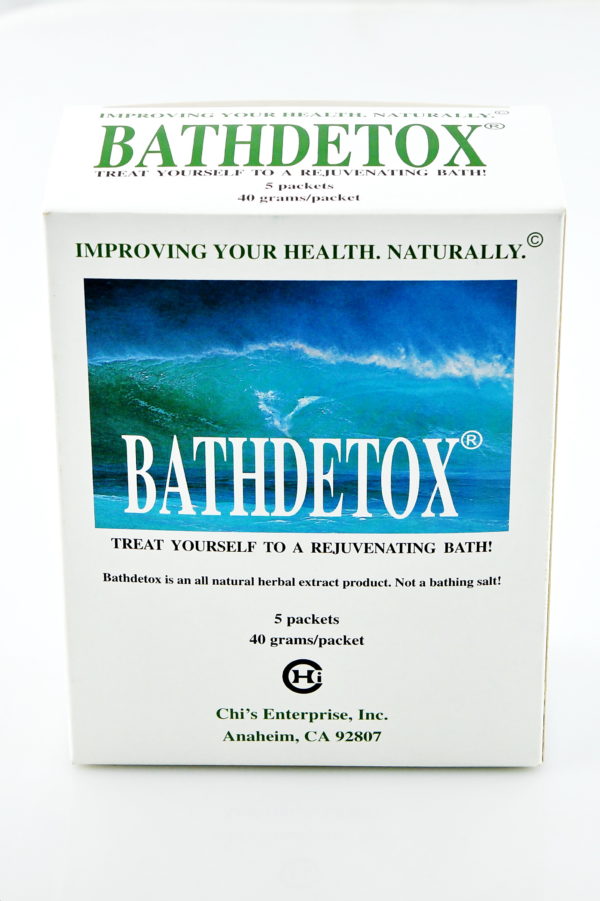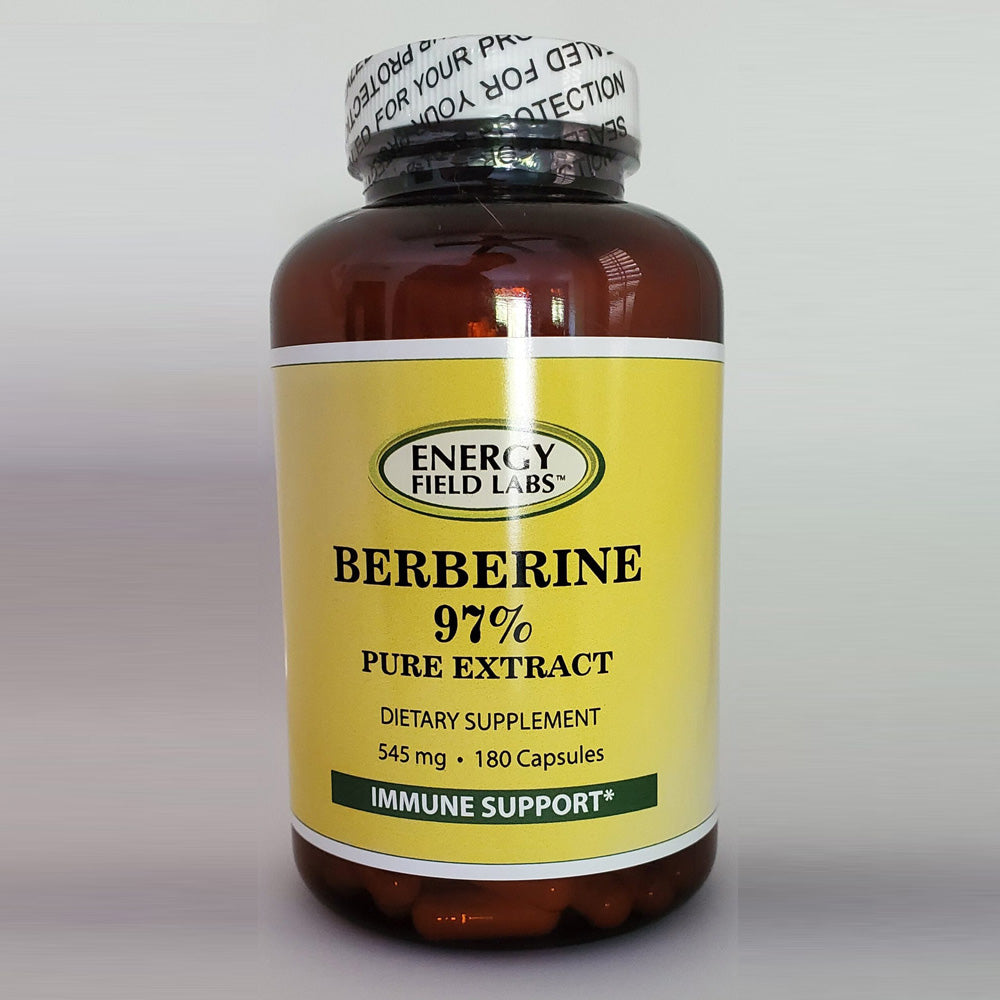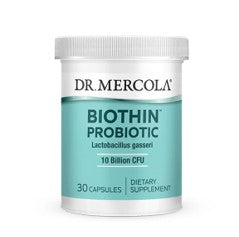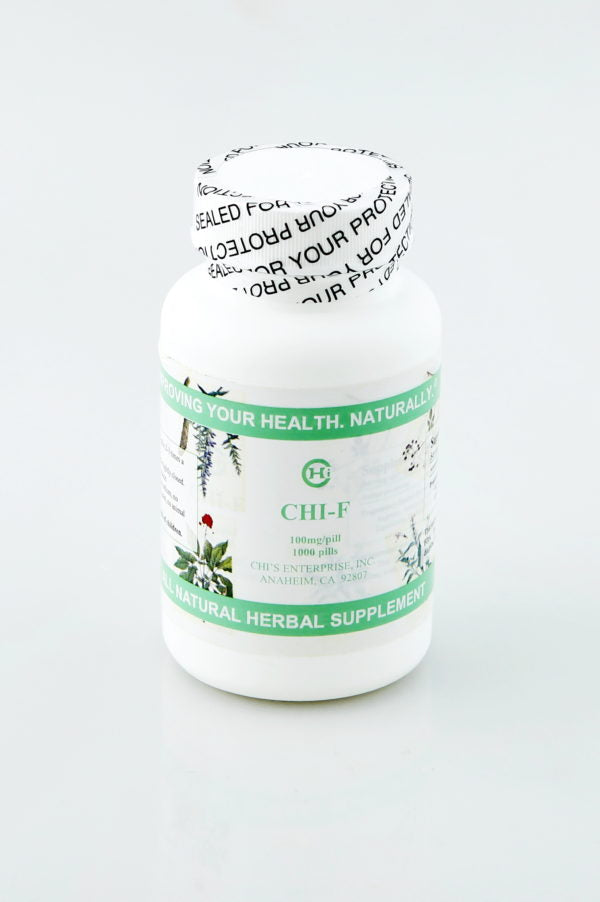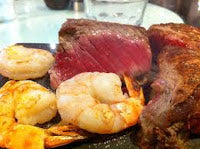by Glen Depke, Traditional Naturopath
In last week’s article “Is Your Brain Functioning?” we discussed many of the basic challenges that lead to poor brain function. If you remember, we entered into a discussion on neurotransmitters and I promised a follow up article to dive deeper into this subject. Well, here you go!
When talking about neurotransmitters, I refer to this as 1A and 1B as well as my 2A and 2B. The 1A and 1B are serotonin and dopamine. Most experts will agree that if you can balance these two neurotransmitters, everything else will balance itself. I do also look at the 2A and 2B, which I consider to be GABA and Acetylcholine. Assessing your reactions to a lack of any of these four is of utmost importance.
To understand where your neurotransmitter function may be let’s look at the challenges that may be occurring in your life based on deficiencies in these areas.
Symptoms of impaired serotonin activity would look like:
- Loss of pleasure in hobbies and interests
- Feeling of inner rage and anger
- Feelings of depression
- Difficulty finding joy from life pleasures
- Depression when it is cloudy or an overall lack of sunshine
- Loss of enthusiasm for favorite activities
- Not enjoying your favorite foods
- Not enjoying friendships and relationships
- Unable to fall into a deep and restful sleep
Nutritional choices to assist with serotonin production:
- Shrimp
- Mushrooms
- Red snapper
- Halibut
- Chicken
- Scallops
- Spinach
- Turkey
- Lamb
- Beef
- Liver
- Salmon
*Deficiencies in these foods is not likely unless you are a vegan or vegetarian. More often the challenge here is a lack of proper digestion that is causing the issue. Often this is caused by gut infections, intolerant foods or stress.
Symptoms of poor dopamine activity would look like:
- Inability to motivate
- Inability to start of finish tasks
- Feelings of worthlessness
- Feelings of hopelessness
- Lose your temper for minor reasons
- Inability to handle stress
- Anger and aggression while under stress
- Desire to isolate oneself while under stress
- Unexplained lack of concern for family and friends
Dietary precursors and dopamine:
- Foods that contain a high amount of phenylalanine
- Meats
- Eggs
- Cheese
- Oats
- Chocolate
*Dopamine deficiencies due to diet is not a likely challenge for most, but can be an issue for vegans or vegetarians
Symptoms of impaired acetylcholine activity would look like:
- Loss of visual and photographic memory
- Loss of verbal memory
- Memory lapses
- Impaired creativity
- Diminished comprehension
- Difficulty calculating numbers
- Difficulty recognizing objects and faces
- Slowness of mental responsiveness
- Difficulty with directions and spatial orientation
Foods rich in choline as an acetylcholine precursor:
- Liver and organ meats
- Egg yolk
- Beef
- Tofu
- Nuts
- Cream
- Milk with fat (not non-fat or skim)
- Fatty cheeses
Symptoms of impaired GABA activity would look like:
- Feelings of anxiousness or panic for no reason
- Feelings of dread
- Feelings of inner tension and/or inner excitability
- Feelings of being overwhelmed for no reason
- Restless mind
- Hark to turn your mind off when you want to relax
- Disorganized attention
- Worry about things you never had thought of before
GABA deficiencies are not as much about what is missing in your diet but more often what you have in your diet that is damaging for you. Gluten intolerance, Celiac disease and autoimmune disease can trigger a response against the enzyme responsible for making GABA.These issues are most often due to a gluten intolerance or other cross reactive intolerance. For more information in the area refer to this article.
As you review these symptoms for yourself understand that if you have just a few in any particular area, this does not mean you have neurotransmitter issue. If you do have more than half or more challenged in any one area, this could show you something very important in regard to your health and happiness. If you have significant challenges with neurotransmitters, it is likely that dietary changes alone will create the impact needed to reach a balanced state. At this point supplementation is most often necessary.
Due to the fact that neurotransmitter supplementation is so individualized, I cannot make blanket recommendations. There are also other factors that need to be addressed, such as blood flow to the brain and the potential of brain inflammation, just to name a couple.
I can share the personally I have assessed my own neurotransmitter function and found a slight deficiency in acetylcholine. With this knowledge and the understanding of some brain trauma when I was younger, I am currently supplementing to improve acetylcholine and address any potential brain inflammation. The results of this to date have been improved mental function, improved gut function and it has done wonders for my tennis game. Better focus, vision and awareness.
Now I cannot complain about that!
*After reviewing this article, if you find that you would like a deeper understanding of your neurotransmitter function feel free to email me directly at Glen@DepkeWellness.com and I can email you a complimentary neurotransmitter assessment form to provide a deeper understanding for you.

